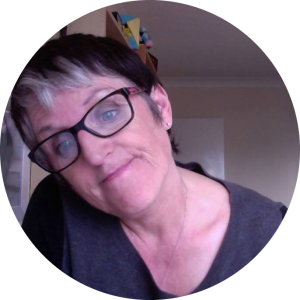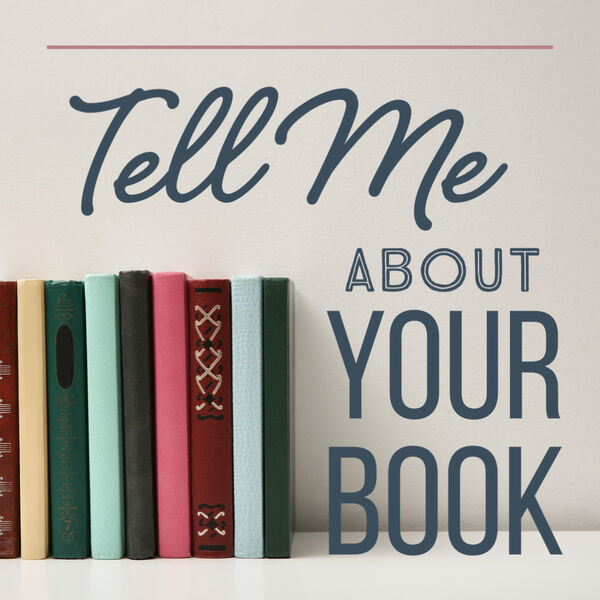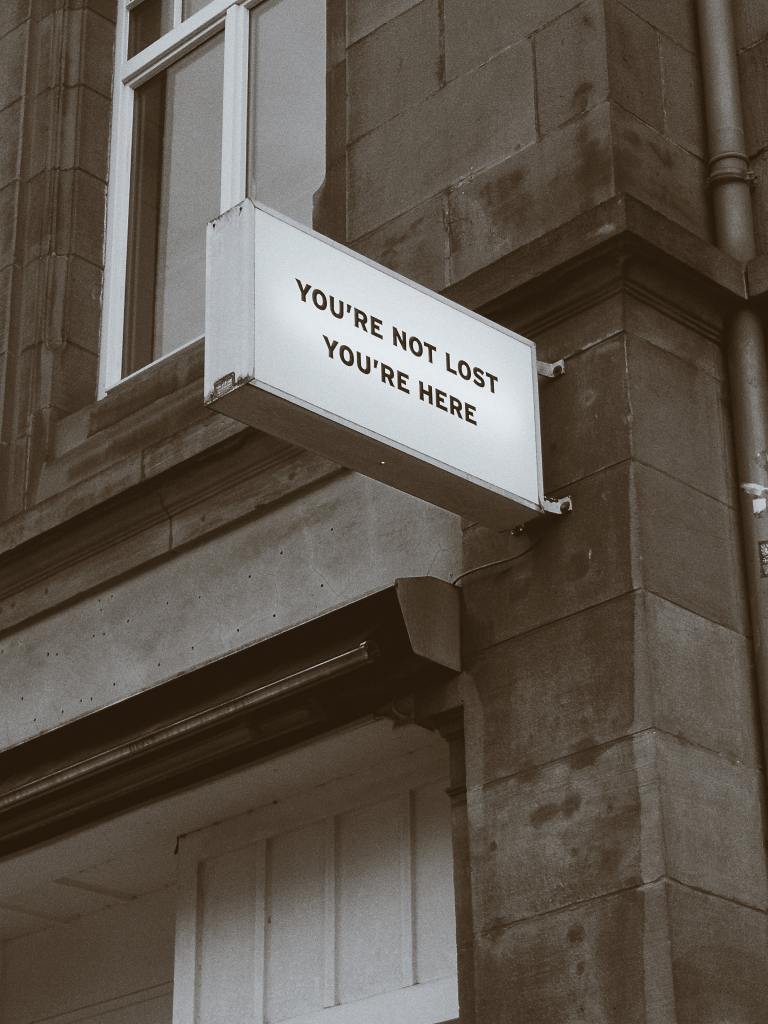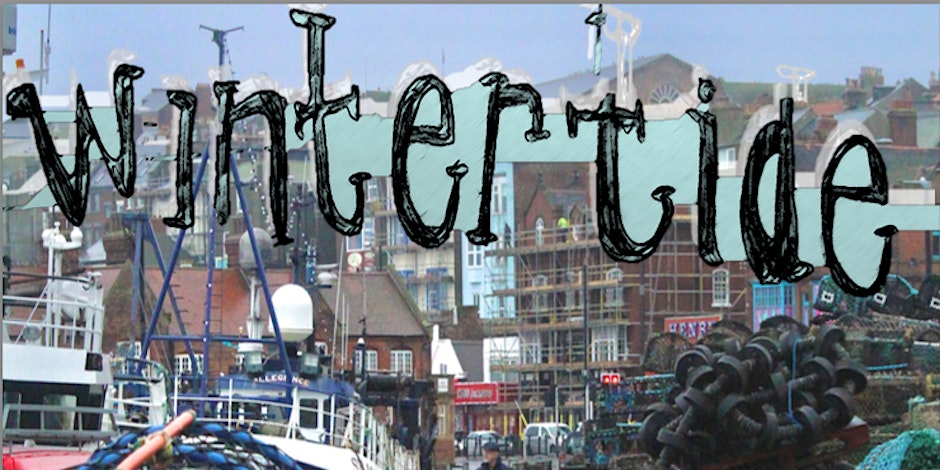
I was particularly, especially, thrilled to be invited to read some of my work at the December 2023 ‘Wintertide’ festival arranged by the Mandy Apple Collective – imaginative, enthusiastic, talented creatives in Scarborough. Thanks to Nell Williams for the invite and the other writers who performed on the night. Honestly, they were such an inspiration of funny, thought provoking, poignant. A lovely night.
I was ‘especially’ happy about the invitation because I certainly needed energy and vision of other writers. My writing was/is going through a dry period. I have no trouble finding words, or indeed stories, but stories with a satisfying arc alluded me. (Thanks to Matt Cooper for the photo).
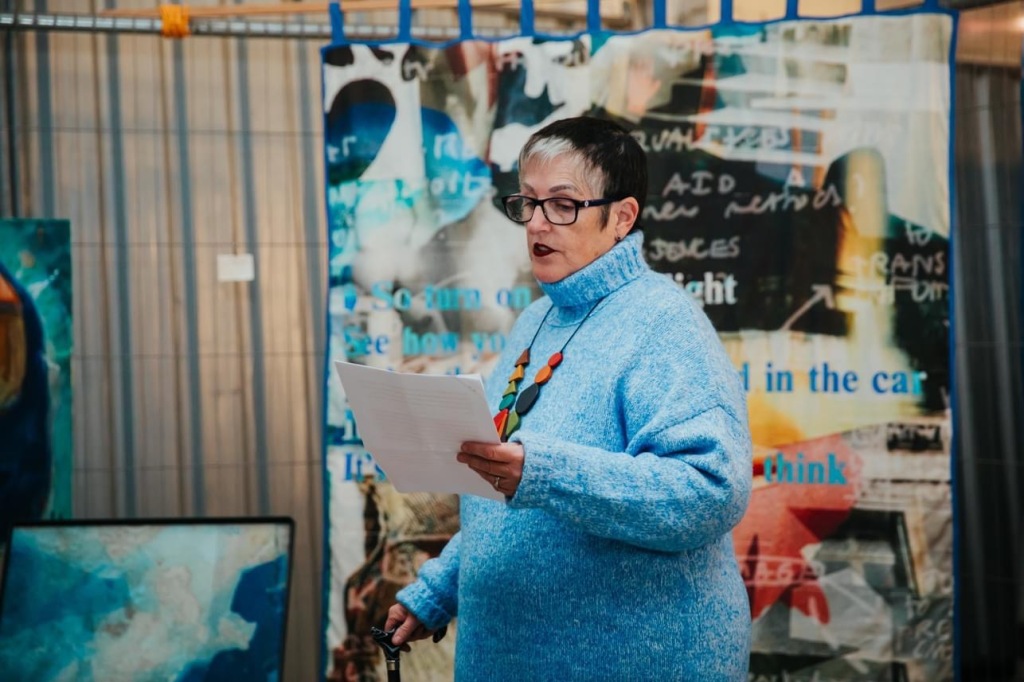
As Christmas came and went I tried to ignore the growing anxiety and even resentfulness of feeling writing as a nagging chore. Partly because my partner bought me an all-course pass for BBC Maestro and I do like a course to busy myself with. I typically got a stack of books (of course). Also, it was Christmas – a break right? Maybe it was just time to give up writing? But then my fabulous friend Fin McMorran who makes amazing art and animations reminded me that we do what we do because of the joy in it. Not for audience, or reward or some external thing but for the fun and somewhere along the way, I’d lost the thrill of finding just exactly the right word and the surprise when a story takes an unexpected turn. Writing is fabulous fun –playing with imaginary friends in games I make up in my imaginary playground is the best! (Thanks for the reminder Fin).
Reading inspires me and once again the Guardian had a ‘Books to look out for in 2024’ feature. Way back in 2019 I decided to review their review of ‘books to look forward to’ for the forthcoming year. I chose their suggested books for every month across the year and though the list was ‘partial’ to say the least (see my analysis of the data drawn from their suggested list) it was actually a reading adventure. I read a great many books I would just not have picked up at Waterstones. The new 2024 Guardian list was as good a place as any to look for inspiration.
The Guardian recommendations for January included The Vulnerables. By Sigrid Nunez (Virago) and I Seek a Kind Person: My Father, Seven Children and the Adverts That Helped Them Escape the Holocaust by Julian Borger (John Murray).
The Vulnerables has been richly reviewed by Sam Byers in the Guardian and, for the most part, any words I might write about it would echo theirs but I will add that I enjoyed it. It is written in an unusual style. A writer, talking about changes to their way of life in the context of lockdown, wonders if any kind of literature still serves us in uncertain times.
It was a good one to start the year with and kick started a reading binge. So far this month I have read six books and discarded a seventh quarter of the way through. (I haven’t yet started the Borger book – it is next on my list).
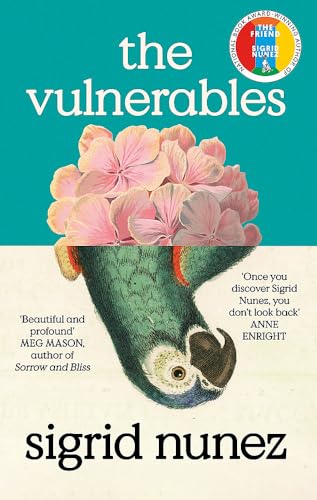
Books read in January
- The Vulnerables by Sigrid Nunez (Virago)
- 61 Hours by Lee Child (Random House)
- The Last List of Mabel Beaumont by Laura Pearson (Boldwood Books)
- Spare by Prince Harry (Penguin Random House)
- After That Night by Karen Slaughter (Harper Collins)
- The Bad Weather Friend by Dean Koontz (advance copy) (Thomas and Mercer)
- Meditation by Marcus Aurelius (Penguin Random House)
The one I gave up was the Karen Slaughter. My tolerance for violence against women and misogyny in crime novels is thoroughly exhausted. I listened to ’61 Hours’ as an audio book. I have not, in the past, taken to audio books but gave this title a go specifically to listen to the way the story is written, for the techniques, for the craft. It was a useful exercise listening rather than reading it, but also, I had forgotten what ripping yarns Lee Child writes and what an amazing character Jack Reacher is.
Stephen King and Lee Child (amongst many others) say that good writers must be committed readers. Each encourage an eclectic approach to the reading choices we make. I think my list would count as eclectic! For the record, mock if you will, I really enjoyed ‘Spare’ and have completely changed my opinion of HRH Harry – in a positive direction.
I am never sure how inspiration actually works but I started writing a story – it is a ploddy mess but woke up one morning with a flash of ‘this is what it needs’ and am enjoying re-writing it. I also committed to doing two new (paid) pieces of writing to an April deadline and there is nothing like a deadline to motivate.
I wouldn’t say my writing mojo is fully back (though I am writing a blog post for the first time in *ahem* a while) but I am thoroughly enjoying curating an abundant reading list which is a fabulous place to re-find fun in the written word.
Queer Spaces Live! Its back!!!
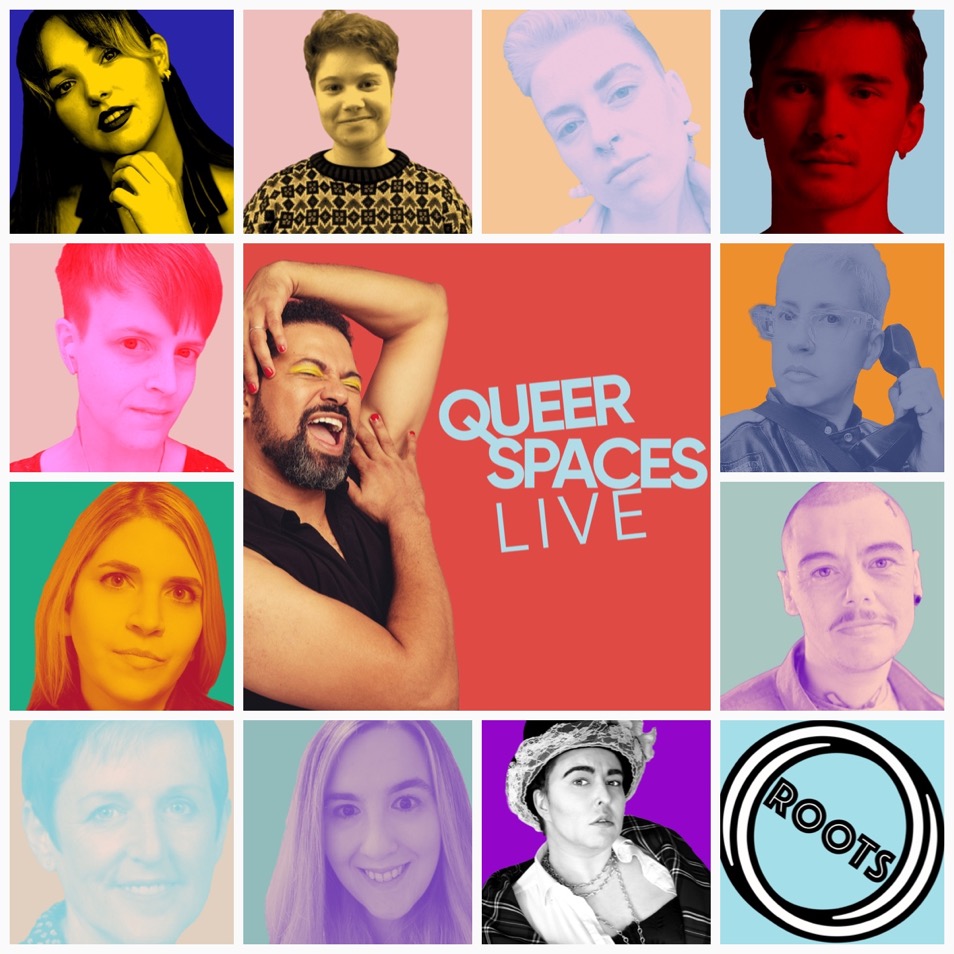
Note: In March 2022 Roots Touring company gave me the opportunity to write and perform my own work as part of their ‘Queer Spaces Live!’ show. It was such a wonderful experience. I wrote about it here
‘Queer Spaces Live!’ is back this year at both the Stephen Joseph Theatre Scarborough on 22nd February and York Theatre Royal on 3rd March.
I know it will be absolutely fabulous. Book tickets before they all go!
